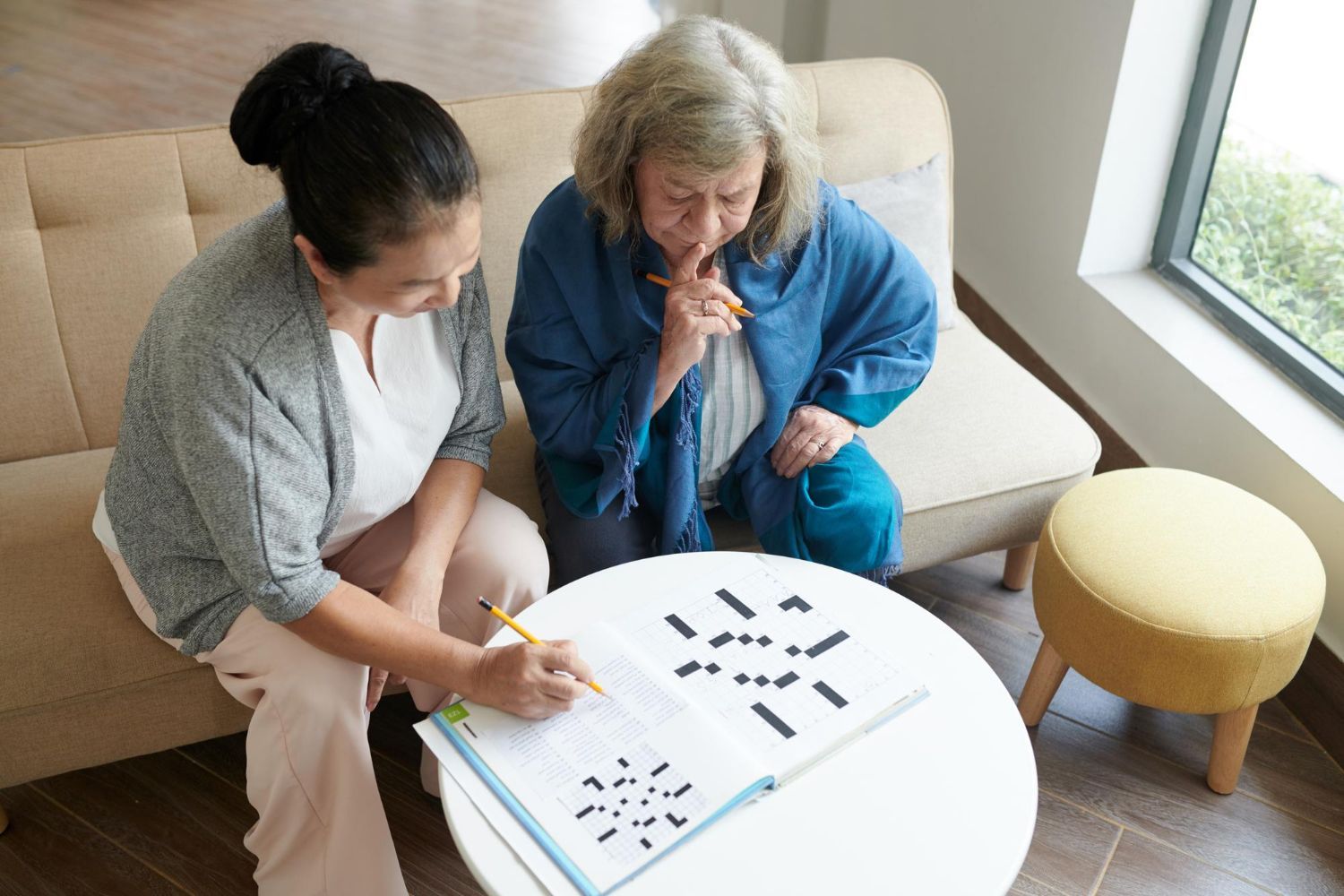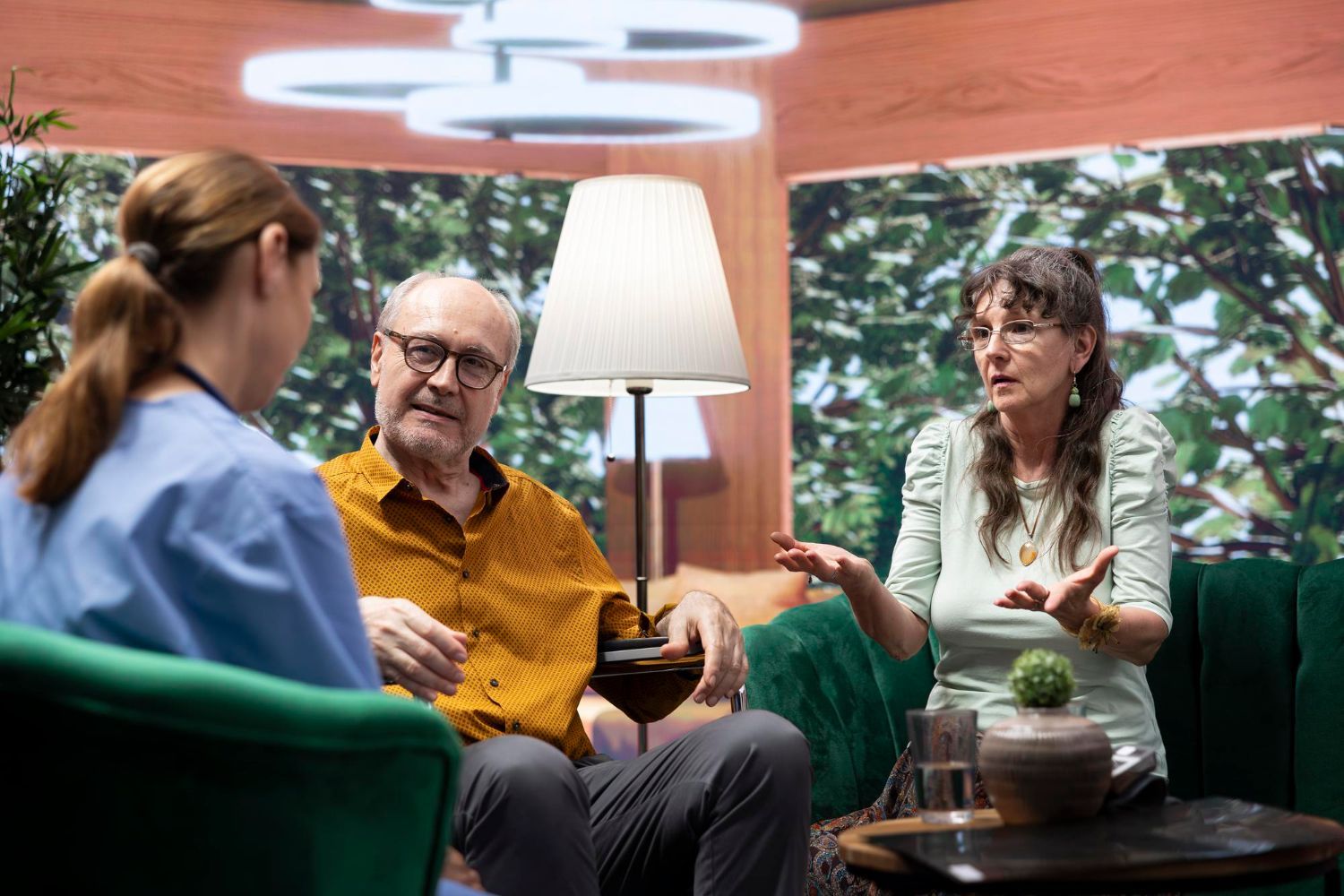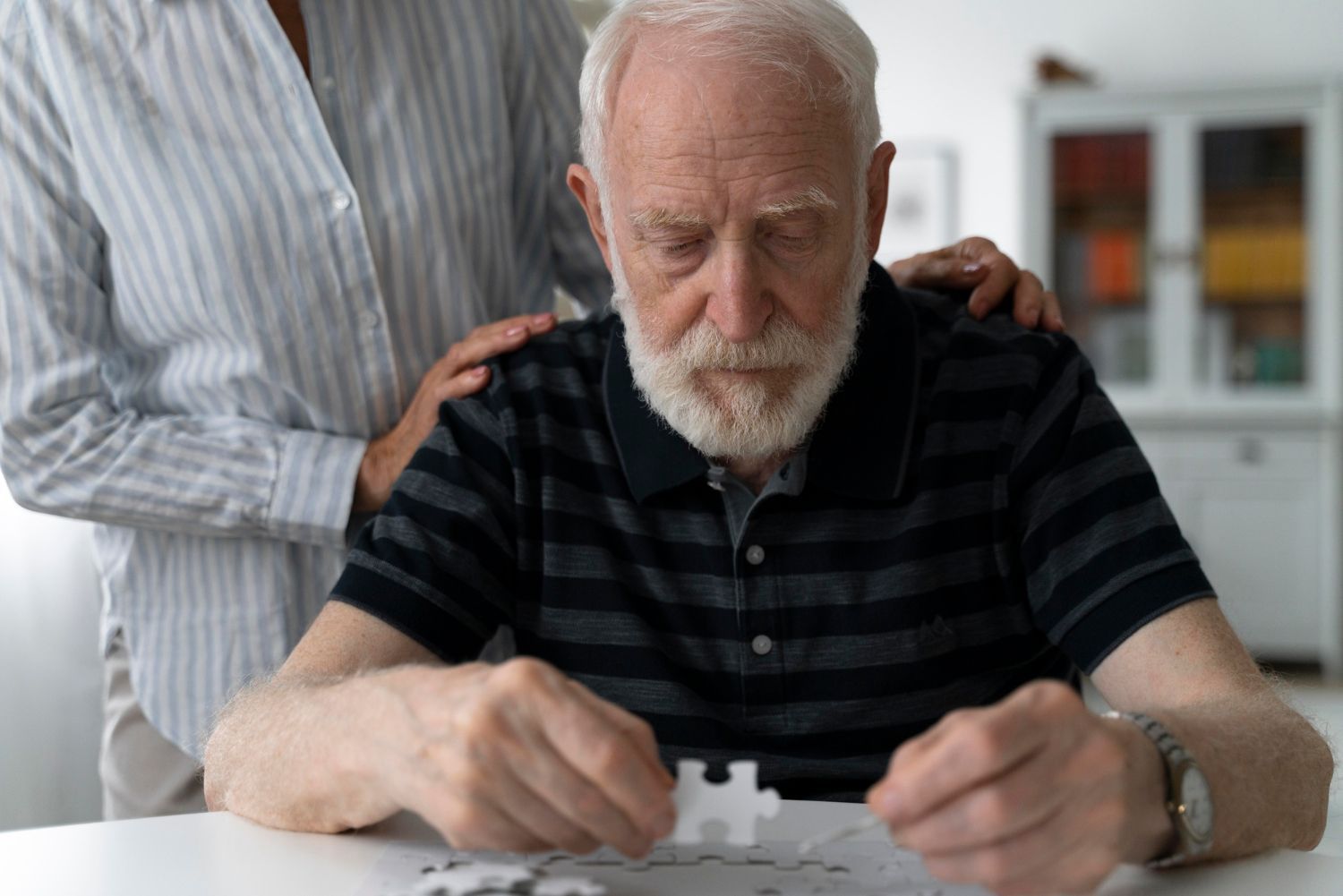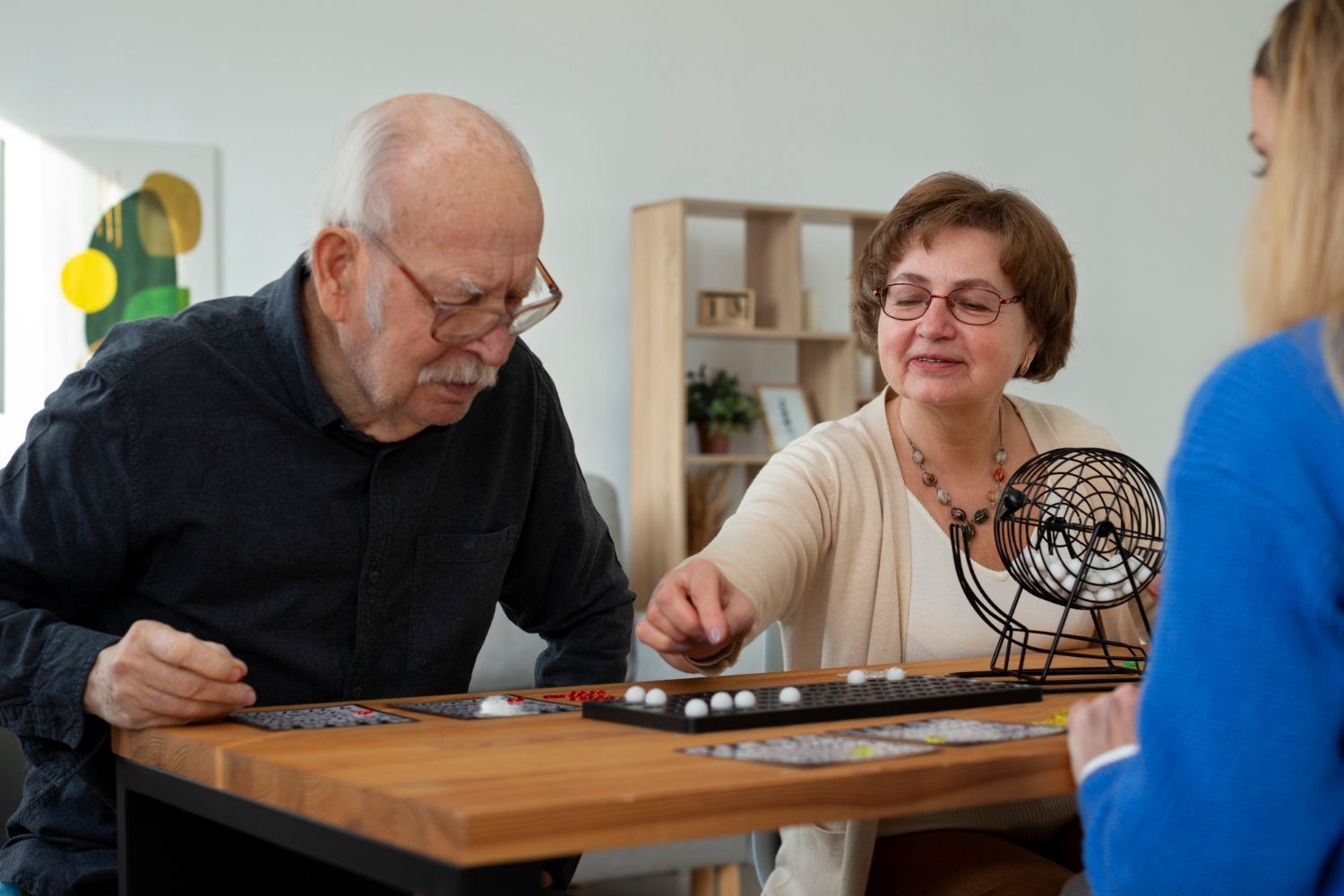Navigating Dementia Care in the NDIS: Support that evolves with the Individual
As Australia’s ageing population continues to grow, the number of individuals living with dementia is on the rise—expected to surpass 800,000 by 2058. This escalating demand places increasing pressure on families, healthcare providers, and disability support systems. For people under 65 living with younger-onset dementia or those accessing disability supports through the National Disability Insurance Scheme (NDIS), the complexity of care required is unlike any other. Navigating this space requires more than routine support—it demands person-centred, adaptive care that evolves alongside cognitive decline.
At Tarrays, we understand that dementia doesn’t follow a set path. That’s why our approach to NDIS dementia care is designed to move with the individual, not against them—delivering both stability and flexibility through highly trained, compassionate support workers.
Understanding Dementia in the Context of NDIS
While dementia is commonly associated with ageing, a growing number of Australians are diagnosed with younger-onset dementia, a condition that can begin as early as in one’s 40s or 50s. These individuals often qualify for support under the NDIS, yet the scheme was originally designed around permanent disability rather than progressive neurodegenerative conditions.
This mismatch creates challenges—particularly around eligibility, plan management, and care flexibility. Participants may experience fluctuating needs, from memory loss and communication difficulties to behavioural changes, physical decline, and emotional distress. Families and carers often struggle to adjust as the disease progresses.
That’s where specialised support becomes essential. Dementia support workers in Australia must be more than carers—they must be partners in a journey that requires patience, knowledge, and empathy.
Why Person-Centred Dementia Care Matters
Traditional models of care often focus on physical needs, but dementia requires a much broader lens. Person-centred dementia care considers the whole person—their values, personality, interests, history, and emotional responses.
Rather than imposing rigid routines, this approach tailors support to the participant’s preferences and strengths. For example:
- A former gardener with dementia may find comfort in caring for indoor plants.
- A participant who once enjoyed music may respond positively to personalised playlists.
- Someone who struggles with verbal communication may find expression through art or gentle physical activity.
At Tarrays, we prioritise individualised support plans that grow and change with the participant. Our carers take the time to understand each person’s unique story, using that knowledge to provide care that fosters dignity, familiarity, and comfort.
Training Dementia Support Workers for Success
Dementia care requires a specific skill set. It’s not only about understanding symptoms—it’s about knowing how to respond in ways that minimise distress and maximise connection.
That’s why Tarrays invests heavily in training our team to deliver exceptional NDIS dementia care. Our support workers are equipped to:
- Recognise the signs of cognitive decline and behavioural changes
- Use non-verbal communication effectively
- Respond to agitation or confusion with de-escalation techniques
- Adapt routines to suit changing cognitive abilities
- Provide personal care in a way that maintains the individual’s sense of identity and self-worth
We also promote continuous learning. As dementia research evolves, so do our care practices—ensuring every Tarrays support worker is not only compliant but also confident in delivering up-to-date, evidence-based support.
Supporting Families Through the Dementia Journey
It’s not only participants who need care—families and informal carers often bear a significant emotional and physical burden. Watching a loved one’s memory fade, or personality shift, can be heartbreaking and overwhelming.
Tarrays supports families by:
- Offering respite care to give carers regular, guilt-free breaks
- Ensuring consistency in staffing, so families and participants build trust with a familiar face
- Providing emotional reassurance and education, so carers feel informed and empowered
We believe that sustainable dementia care is only possible when families are supported too.
Adapting to Change: Why Flexibility Is Key
Unlike static disabilities, dementia presents evolving care needs—which means rigidity can lead to gaps in service or unnecessary distress. That’s why Tarrays builds flexibility into everything we do:
- Regular care plan reviews with participants, families, and support coordinators
- Staff trained in multiple levels of care, from community engagement to high personal care needs
- The ability to increase or adjust services quickly as new behaviours or health issues emerge
This agility ensures continuity of care, even as dementia progresses from mild cognitive impairment to advanced stages.
Leading with Compassion in NDIS Dementia Care
As demand for NDIS dementia care grows across Australia, it’s vital that participants receive the specialised, responsive support they deserve. At Tarrays, we are committed to being more than just a staffing provider—we are a trusted care partner delivering skilled, compassionate, person-centred support for individuals and their families.
Whether it’s through careful worker matching, adaptive care planning, or ongoing education, we are here to walk alongside each client on their dementia journey—responding not only to their needs, but to their humanity.












